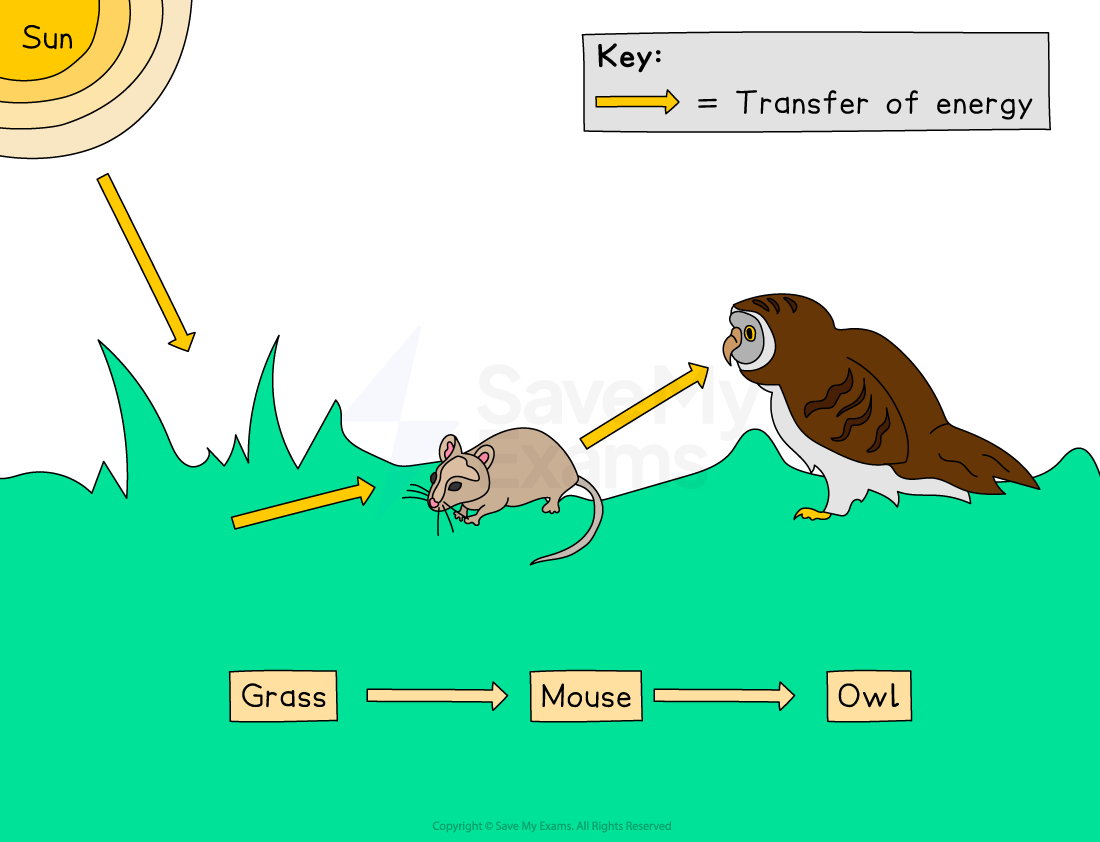Key Terms in Ecology (SQA National 5 Biology): Revision Note
Exam code: X807 75
Ecological terms
Ecology is the study of the relationships between organisms and their environment
The field of ecology uses specific ecological key terms, e.g. when describing:
species in their environment
food chains and food webs
Species in their environment
A species can be defined as:
a group of similar organisms that can interbreed to produce fertile offspring
Members of one species that live together in an area at a given time are known as a population
The variety of different species living in an area is known as biodiversity; this can be assessed at the level of an individual habitat, or the earth as a whole
Food chains and food webs
Food chains shows how energy is transferred from one organism to another in a sequence of feeding relationships, while food webs are networks of interconnected food chains
The organisms within food chains and food webs can be referred to using terms such as:
producer: an organism that makes its own biological molecules, e.g. during photosynthesis
consumer: an organism that gains its biological molecules by eating the tissues of other organisms
herbivore: a consumer that eats plants
carnivore: a consumer that eats other animals
omnivore: a consumer that eats both plants and animals
predator: an animal that hunts and kills other animals for food
prey: an animal that is hunted and eaten by a predator
For example, a food chain may contain: grass → mouse → owl
In this food chain:
the grass is a producer
the mouse is a consumer, a herbivore and a prey animal
Mice are actually omnivores, but this is not shown in the food chain described above
the owl is a consumer, a carnivore and a predator

Examiner Tips and Tricks
Make sure that you can identify producers, consumers, herbivores, carnivores, omnivores, predators and prey within unfamiliar food chains and food webs.

Unlock more, it's free!
Was this revision note helpful?
